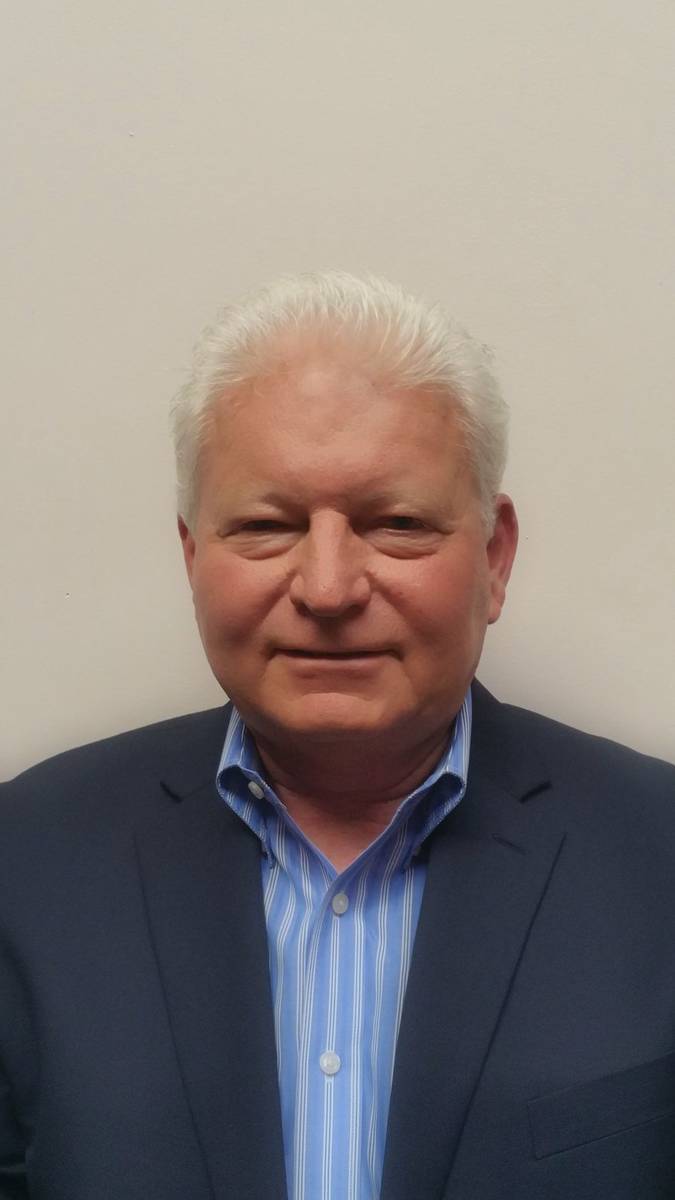TIM BURKE: What does ‘defunding the police’ really mean?
Just a few months ago, the citizens of the United States were enjoying record employment rates, low interest rates, a booming stock market and increased prosperity. President Donald Trump was receiving his highest public approval ratings after the Democrats’ ill-fated impeachment of the president.
Wow, have things changed since then. First, we were ordered to stay at home in response to the COVID-19 pandemic. People lost their jobs, businesses closed that will never reopen, schools closed along with all school activities and all in-person forms of social interaction were forbidden. The economy was devastated.
Now, just as we are moving toward a return to some normality, as restrictions lift, we have the tragic death of a black man by a policeman triggering massive protests and destructive riots. We have gone overnight from a prosperous and growing society to one with anarchy and chaos.
As thousands of protesters across the country have gathered to protest in support of black people killed by the police, a call to defund the police has gained momentum. It’s an idea that’s been popular among activists and critics of the criminal justice system for decades. In the past two weeks, though, it’s gained unprecedented support.
Proponents of defunding argue that incremental police reform has failed. They say that it would be more useful to address underlying factors that contribute to crime, like poverty and homelessness. The money for these programs would come from cutting police forces’ budgets and reallocating those funds toward social services, such as housing and youth services.
For most proponents, “defunding the police” does not mean zeroing out budgets for public safety. Defunding the police means shrinking the scope of police responsibilities and shifting most of what the government does to keep us safe to entities that might be better equipped to meet that need.
We have unfairly left the job of dealing with drug addiction, homelessness, and mental health issues to the police. Police officers deal with the same people frequently, and they have no resources other than referring those people to social services for help. Providing services to address the significant causes of crime by shifting that responsibility to agencies with the resources that are better able to assist people would allow police to focus more on actual police work.
Proponents argue that by defunding police departments and shifting that money to services, they will be able to fund such an ambitious goal. It will not. Police departments often make up a significant portion of a city’s budget, but most police agencies are still underfunded. For rural counties, it is already difficult to provide essential law enforcement services for residents. Stripping funding would mean fewer sheriffs, older equipment, and slower response times to crimes.
In Las Vegas, if you are in a car wreck without injuries, you are told to exchange information with all parties, but the police will not come to the scene of the wreck. If your home is broken into, if you are vandalized, or if you are the victim of some other non-violent crime, you are directed to submit a report online. A police person may or may not respond to your online statement. Why? Because they don’t have the time or resources to answer every call and to follow up.
Some have stated that the riots, looting, and senseless destruction of property were a justified response to the death of a black man at the hands of the police. That death was tragic, and those at fault need to be held accountable. Those very riots and looting also illustrate the need to have a society that is ruled by law and order and not fall into chaos and anarchy. Not having police departments that can enforce the law that protects citizens could lead to citizens enforcing the law themselves. The 1979 movie, “Mad Max,” tells a story of societal breakdown and the collapse of a civilized country. We thought it was an entertaining science fiction fantasy movie and not a glimpse into our future. Let’s hope we are right.
Tim Burke is a businessman, philanthropist, educator and Pahrump resident. Contact him at timstakenv@gmail.com













